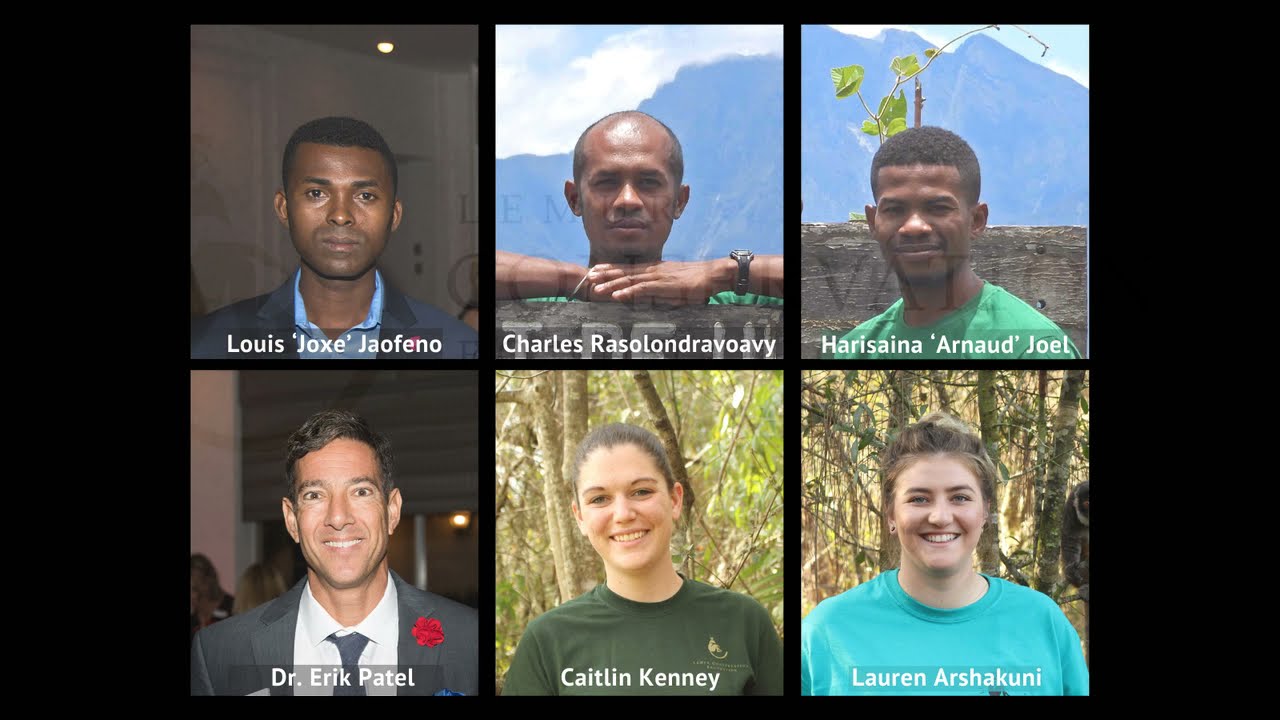- The importance of conservation conversations in wildlife conservation efforts and their global impact.
- The role of zoos and zoology in conservation conversations and biodiversity preservation.
- Strategies for effective wildlife conservation, highlighting initiatives and collaborations on a global scale.
- Technological advancements in conservation, including data collection and monitoring systems.
- Challenges faced in wildlife conservation and how global dialogues can lead to transformative solutions.
Conservation Conversations: Global Connections plays a vital role in safeguarding our planet’s biodiversity. These dialogues bring together scientists, conservationists, and policymakers from across the globe, focusing on saving wildlife and preserving ecosystems. This international collaboration is essential, as conservation issues rarely adhere to geographical boundaries. The interconnectedness of our natural world necessitates a united front to tackle the complexities of conservation in an ever-evolving environment.
The significance of conservation conversations in wildlife conservation cannot be overstated. They foster understanding, share cutting-edge research, and promote best practices among experts. By creating forums for dialogue, these gatherings facilitate the exchange of ideas and strategies that contribute to global conservation goals. This collective knowledge drives initiatives to protect endangered species and restore habitats, thus maintaining the delicate balance of ecosystems worldwide.
Zoos play a critical role in these dialogues due to their unique position at the intersection of animal care, research, and education. Modern zoos have evolved from being mere exhibitions of exotic animals to becoming centers of scientific research and conservation advocacy. Zoologists within these institutions contribute valuable insights into animal behavior, genetics, and ecology, enhancing our understanding of the natural world and informing conservation strategies. Zoos also serve as crucial players in breeding programs for endangered species, providing safe havens for animals and ensuring genetic diversity.
Participating in Conservation Conversations allows zoos to collaborate with global experts, sharing knowledge and resources to develop innovative solutions for the conservation of threatened species. These interactions are pivotal for zoos to align their efforts with international initiatives, ensuring that their conservation programs have a meaningful, lasting impact. As a result, zoos contribute significantly to biodiversity conservation, helping to safeguard species for future generations.
Effective wildlife conservation requires a multifaceted approach, integrating strategies based on science, policy, and community involvement. One successful example is the Convention on Biological Diversity, which offers a framework for countries to develop comprehensive conservation plans. Initiatives like the Global Tiger Recovery Program demonstrate the importance of multinational cooperation, as countries come together to combat poaching, habitat loss, and other threats to tiger populations.
Collaborative efforts such as these are essential to addressing the challenges faced by wildlife on a global scale. By fostering conservation conversations, stakeholders can pool resources and expertise to implement impactful conservation strategies. This includes habitat restoration projects, community-based conservation programs, and initiatives aimed at reducing human-wildlife conflicts.
Technological advancements have transformed data collection and monitoring systems, providing conservationists with invaluable tools for tracking wildlife populations and monitoring ecosystems. For example, satellite imaging and drone technology offer real-time insights into habitat changes and animal movements, allowing for more effective conservation planning. Additionally, remote sensing and geographic information systems (GIS) support habitat mapping and biodiversity assessments, enabling precise targeting of conservation efforts.
The integration of technology within the conservation sector has opened new avenues for collaboration and innovation. Conservation Conversations facilitate the exchange of technological expertise, fostering global partnerships that enhance conservation outcomes. By leveraging the power of technology, conservationists can develop data-driven solutions that are more efficient and effective than traditional methods.
Despite significant advancements in conservation practices, numerous challenges persist. Habitat loss, climate change, and genetic erosion continue to threaten global biodiversity. In many regions, limited resources and insufficient funding hinder conservation efforts. Conservation conversations are essential to overcoming these obstacles, providing platforms for the discussion of innovative solutions and the mobilization of financial and technical resources.
Global dialogues enable stakeholders to identify and prioritize pressing conservation issues, fostering a collaborative approach to solving complex problems. By engaging with diverse perspectives and expertise, these conversations pave the way for transformative solutions that address the root causes of biodiversity loss. Ultimately, global connections forged through conservation dialogues empower communities to take meaningful action in preserving our planet’s natural heritage.
Conservation Conversations: Global Connections exemplifies the power of international collaboration in tackling wildlife conservation challenges. These dialogues unite experts across disciplines, share critical knowledge, and forge partnerships aimed at preserving our planet’s biodiversity. By participating in these vital exchanges, we can develop and implement conservation strategies capable of safeguarding endangered species and ecosystems for future generations. Through continued global collaboration, we can create lasting solutions to protect our shared natural world.
*****
Source Description
In case you missed it! To celebrate the 2021 World Lemur Festival, representatives from Lemur Conservation Foundation in Myakka City, FL and halfway across the world in Madagascar broadcasted live for an in-depth conversation about saving lemurs from extinction.
This talk is perfect for students interested in conservation careers, LCF supporters, and lemur enthusiasts. Our panel of experts eagerly explain the importance of their work and answer questions.
~~~~~~~
Our panel from Madagascar:
~Louis ‘Joxe’ Jaofeno – Madagascar Program Manager
~Harisaina ‘Arnaud’ Joel – Community Health Manager
~Charles Rasolondravoavy – Forest Monitoring Manager
Our panel from the United States:
~Dr. Erik Patel – Conservation and Research Director
~Caitlin Kenney – Curator of Primates
~Lauren Arshakuni – Senior Primate Keeper
Hosted by:
~Katie Virun – Education Manager & Keeper (United States)

